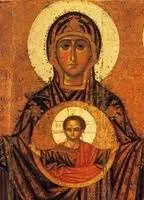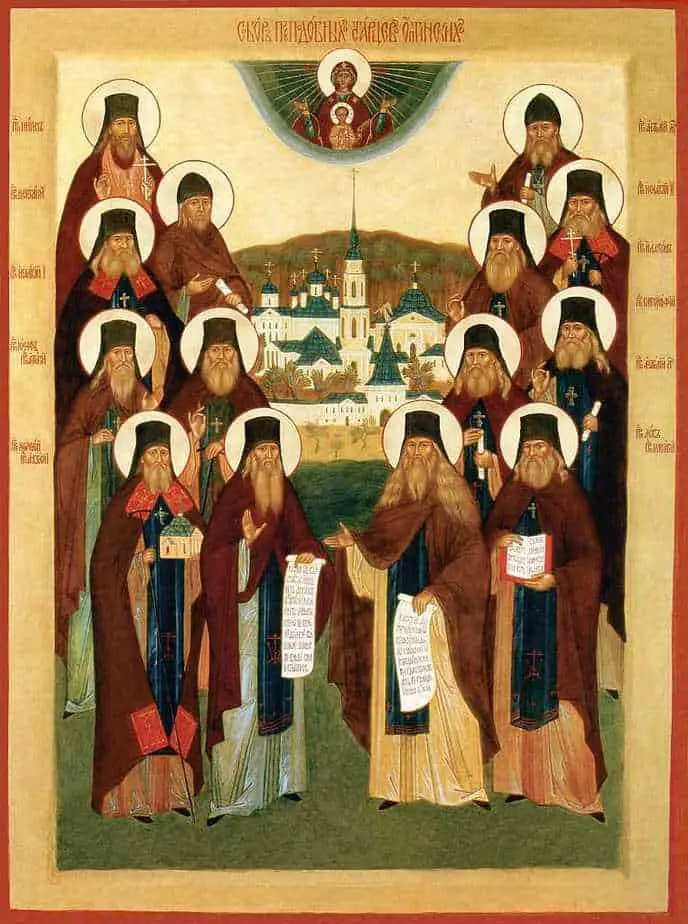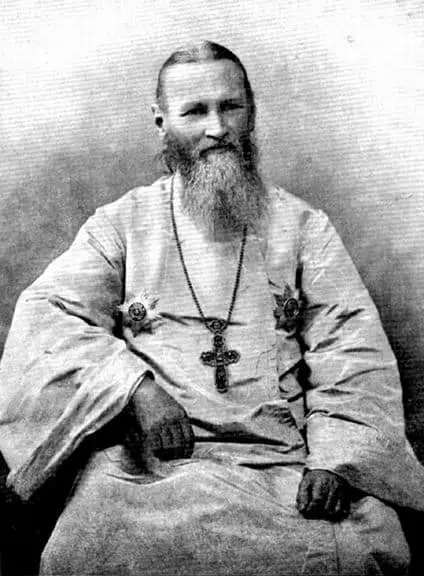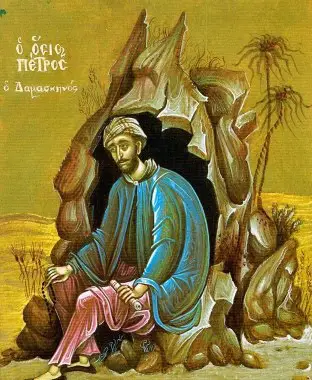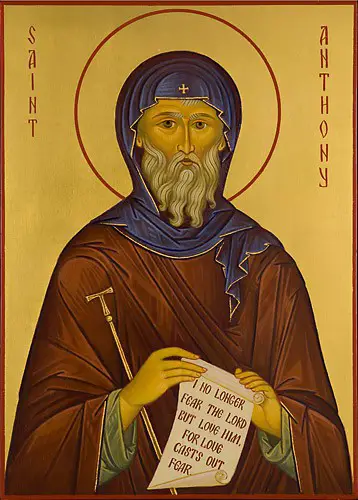St. John of Kronstadt: Sermon on the Nativity of Jesus Christ (Part 7)
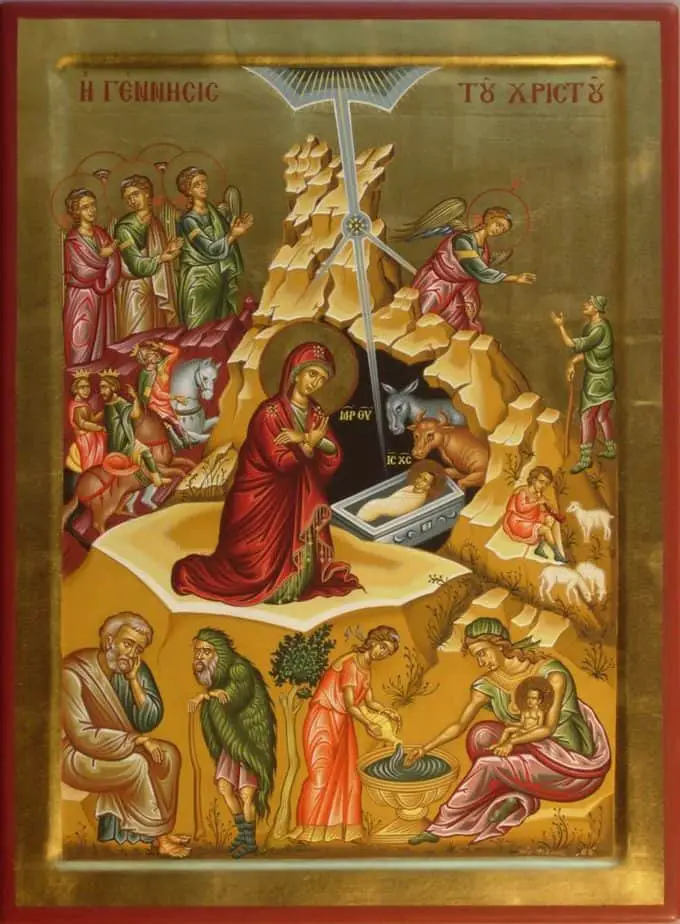
“What, then, O, brethren, is required of us in order that we might avail ourselves of all the grace brought unto us from on high by the coming to earth of the Son of God? What is necessary, first of all, is faith in the Son of God, in the Gospel as the salvation-bestowing heavenly teaching; a true repentance of sins and the correction of life and of heart; communion in prayer and in the mysteries [sacraments]; the knowledge and fulfillment of Christ’s commandments. Also necessary are the virtues: Christian humility, alms-giving, continence, purity and chastity, simplicity and goodness of heart.
Let us, then, O brothers and sisters, bring these virtues as a gift to the One Who was born for the sake of our salvation – let us bring them in place of the gold, frankincense and myrrh which the Magi brought Him, as to One Who is King, God, and Man, come to die for us. This, from us, shall be the most-pleasing form of sacrifice to God and to the Infant Jesus Christ.”
+ St. John of Kronstadt, Sermon on the Nativity of Jesus Christ. Go to part 1 here.
Read Full Sermon at Pravoslavie
From the Russian text appearing in Chapter 2 of “Solntse Pravdy: O Zhizni i Uchenii Gospoda Nashego, Iisusa Khrista” [“The Sun of Righteousness: On the Life and Teaching of Our Lord, Jesus Christ”], by Protopriest [Saint] Ioann [John] (Sergiev) of Kronstadt, pp. 4-6. Translated into English by G. Spruksts.
St. John of Kronstadt: Sermon on the Nativity of Jesus Christ (Part 7) Read More »
